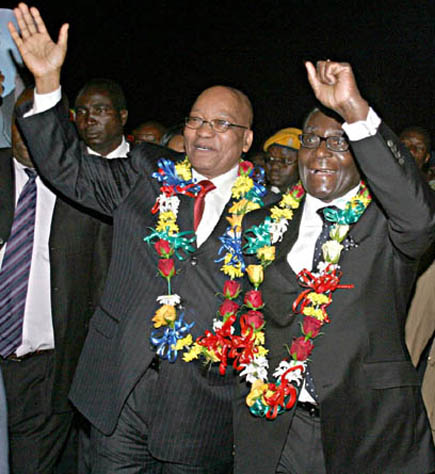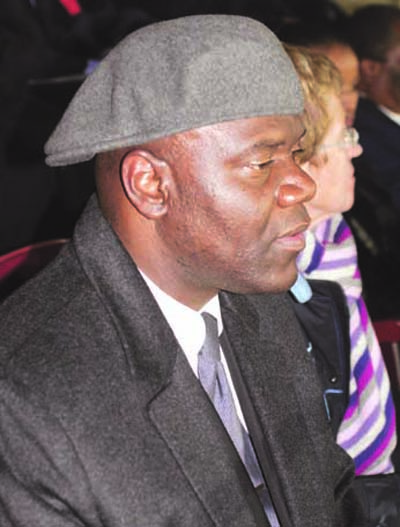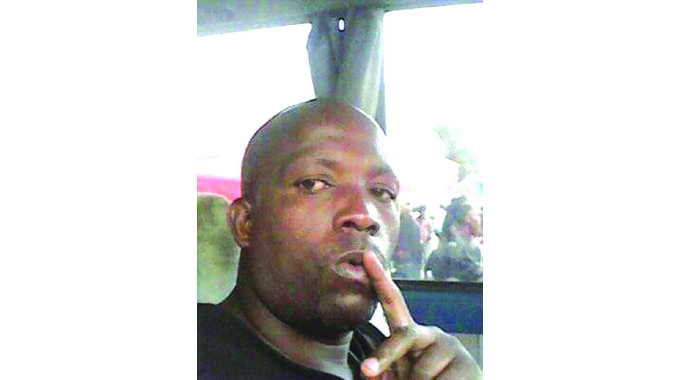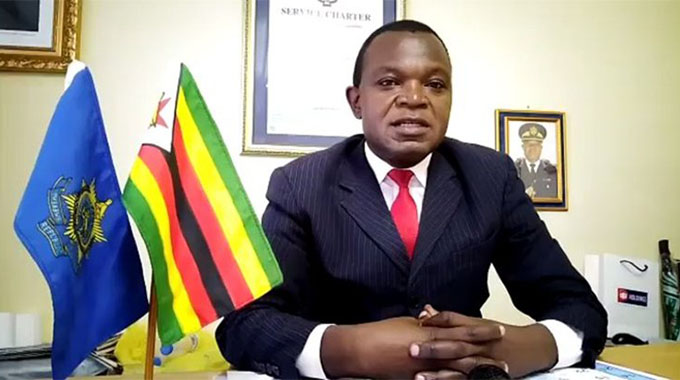End sanctions, Zuma tells EU

In his address to the third annual South Africa-EU Summit in Brussels, Belgium, President Zuma, who is also Sadc facilitator to the inclusive Government, indicated that they had discussed the situation in Zimbabwe and the Sudan.It, however, could not be established at the time of writing how his briefing was received by the EU, which imposed sanctions on Zimbabwe in 2002.
Sadc leaders — at their 30th Summit held in Windhoek, Namibia, in August — tasked the Sadc chair and the Troika to spearhead the lobby for the lifting of the illegal western embargo.Earlier, President Zuma’s Foreign Affairs spokesperson Mr Saul Kgomotso Molobi said his boss would unfailingly call for the removal of the illegal embargo.President Zuma’s call comes a few days after the US, which has also imposed illegal sanctions on Zimbabwe, refused to lift the embargo during a meeting with a Zimbabwean ministerial team in New York.
In his speech yesterday, President Zuma said: “On global and regional issues, we discussed developments in Africa, including Zimbabwe and Sudan. We also discussed the forthcoming third Africa-EU Summit in Libya in November 2010, which we see as a unique opportunity to take stock of the achievements of the partnership and to reaffirm our commitment to it.”Mr Molobi had said his country would follow calls by the African Union and Sadc for the remo-val of sanctions on Zimbabwe.
“South Africa will set out the AU position, which calls for the lifting of sanctions on Zimbabwe,” Mr Molobi told online media in Europe.The EU imposed the sanctions in 2002, in violation of the Cotonou Partnership Agreement, which provides guidelines on relations between Africa, the EU and the Caribbean.The bloc claimed the sanctions were justified by alleged State-sponsored human rights abuses.
However, in a 2005 review of the implementation of the CPA, the EU admitted that the embargo was motivated by a desire to influence the outcome of the 2002 Presidential elections subsequently won by President Mugabe.This followed a decision by President Mugabe’s Government to embark on a revolutionary fast-track land reform programme that saw nearly 300 000 black families benefiting from farms formerly held by a handful of white farmers.
That programme drew the ire of Britain, which influenced its allies to agree to the discredited sanctions on Zimbabwe.The US has also placed a similar embargo through its sanctions law, the Zimbabwe Democracy and Economic Recovery Act, which essentially remains in force until land tenure patterns revert to the pre-1998 model.The sanctions bar Americans working for multilateral financial institutions from extending any money to Zimbabwe and also prohibit American firms from trading with their counterparts here.
A delegation led by Energy and Power Develo-pment Minister Elton Mangoma last week met US Assistant Secretary of State for African Affairs Johnnie Carson. However, that meeting yielded no positive results with Washington insisting the illegal sanctions will remain in place. Ministers Patrick Chinamasa (Justice and Legal Affairs) and Priscilla Misihairabwi-Musho-nga (Regional Integration and International Co-operation) made up the rest of the team.
Efforts to engage the EU have also fallen flat, with Harare questioning Europe’s sincerity and commitment to normalisation of relations.
Apart from Sadc and the AU, the Pan-African Parliament, Comesa and the Non-Aligned Move-ment among other progressive international organisations, have all decried the illegitimacy of the EU and US sanctions.








Comments